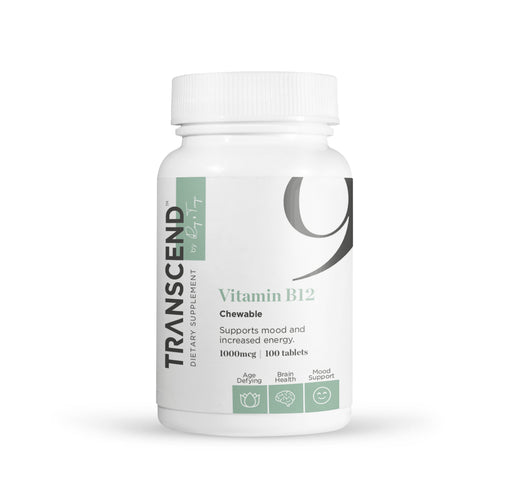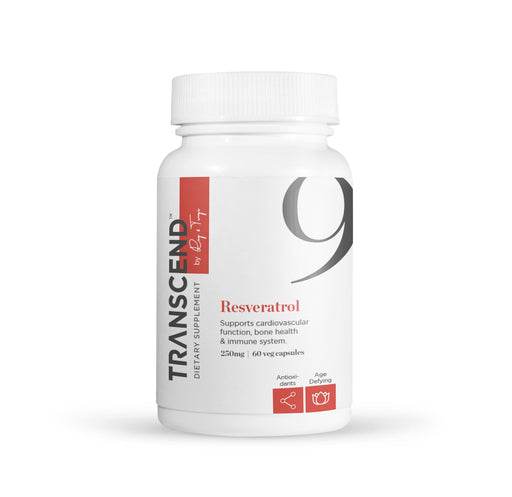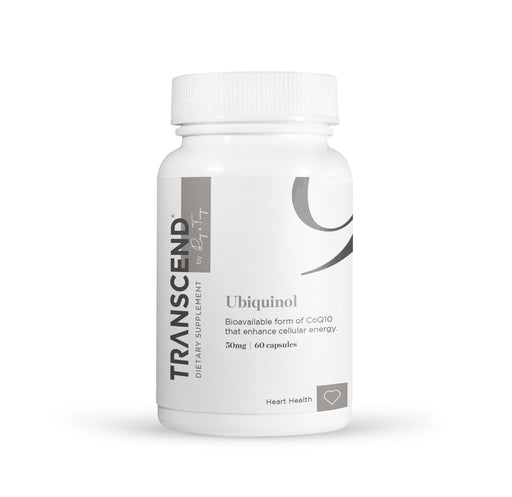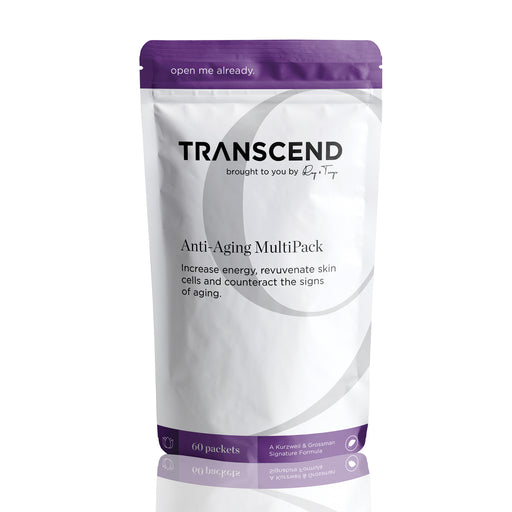Analysis of the report published in the JNCI (Journal of the National Cancer Institute): Multivitamin Use and Risk of Prostate Cancer in the National Institutes of Health–AARP Diet and Health Study - Ray Kurzweil and Terry Grossman, M.D.
We have carefully reviewed the recent study on prostate cancer and multivitamin use. This large study involved nearly 300,000 men and examined the correlation between supplementation and advanced prostate cancer.
After a thoughtful analysis of the study data, we observed the following:
- A related increase was found only in cases of advanced or fatal prostate cancer.
- This effect was not seen in early stage prostate cancer.
- Men who take more supplements tend to be individuals who seek more aggressive medical care and, thus, are more likely to be diagnosed. Similar "detection bias" was seen in the Health Professionals Follow-Up Study and the Prostate, Lung, Colorectal and Ovarian Cancer Screening Trial studies. This detection bias was noted by the researchers.
- Early cancer detection may motivate an individual to begin vitamin therapy. This was also noted by the researchers.
- Men with advanced prostate cancer are more likely to have developed symptoms prior to diagnosis and, therefore, begin a program of heavier supplementation.
- The fact that advanced prostate cancer was more commonly diagnosed in heavy supplement users with a family history of the disease may also be due to the fact that men with a family history of prostate cancer are, in fact, more likely to both develop prostate cancer and to take supplements in an effort to avoid it. This was also noted by the researchers.
- Individuals diagnosed with early stage cancer are more likely to develop advanced or fatal cancer than the average person.
To put the results of this study in perspective, for every 10,000 men who took larger doses of supplements for 10 years there were 7 to 8 extra cases of fatal prostate cancer. This is less than 1 fatal case per 1,200 – 1,500 men per year. This is before taking into consideration the bias factors mentioned above. In light of the bias factors, it would not be correct, in our view, to conclude that supplements are necessarily the cause of the few extra cases of advanced prostate cancer.
Prostate cancer is found in the following groups of men who supplement in higher amounts:
- Men who test for prostate cancer more frequently
- Men with symptoms of advanced disease
- Men with a positive family history
The above factors are associated with an increased rate of detection of advanced prostate cancer that is not related to supplement use, but simply found in the same group of men who tend to supplement in greater amounts. This explains the apparent correlation between higher doses of supplements and advanced cancer. Keep in mind that correlations are not clear indicators of cause and effect.
The following are quotes from the article in the Journal of the National Cancer Institute (see first reference below) that discuss the bias factors indicated above:
"The increased risk of localized prostate cancer with heavy multivitamin use among men concomitantly using a vitamin E, selenium, or Folate supplement could be due to detection bias if supplement users were more likely to undergo PSA screening. . . .Indeed this interpretation is supported by the Health Professional Follow-up Study, which showed that current smokers were more likely to undergo screening for prostate cancer than nonsmokers."
". . . the observed relationship between multivitamin use and advanced prostate cancer in our study may have been due to increased multivitamin use among men with early symptoms related to prostate cancer because the association with advanced prostate cancer disappeared when those diagnosed in the initial years of follow-up were excluded."
"The increased risk of advanced prostate cancer and prostate cancer mortality with heavy use of multivitamins among men with a positive family history of prostate cancer could be due to men with a positive family history taking additional, unspecified supplements as part of a "prostate health" package to prevent the future development of prostate cancer. A recent survey found that 50% of men at high risk for prostate cancer (defined by African American ethnicity, positive family history, or positive BRCA1 gene mutation) took one or more supplements to prevent prostate cancer, and more than 25% took three of more agents concomitantly."
See also:
- Full Article as published in the JNCI (Journal of the National Cancer Institute): Multivitamin Use and Risk of Prostate Cancer in the National Institutes of Health–AARP Diet and Health Study: jnci.oxfordjournals.org/cgi/content/full/99/10/754
- Prostate cancer, vitamin use studied—USA Today article by Liz Szabo: usatoday.com/news/health/2007-05-15-vitamins-prostate-cancer_N.htm






Leave a comment